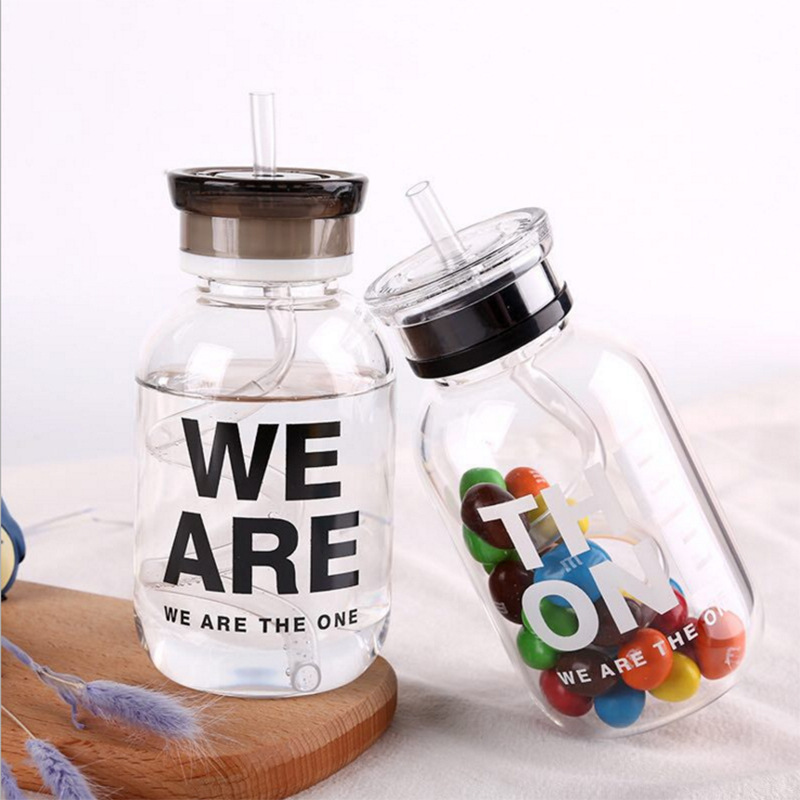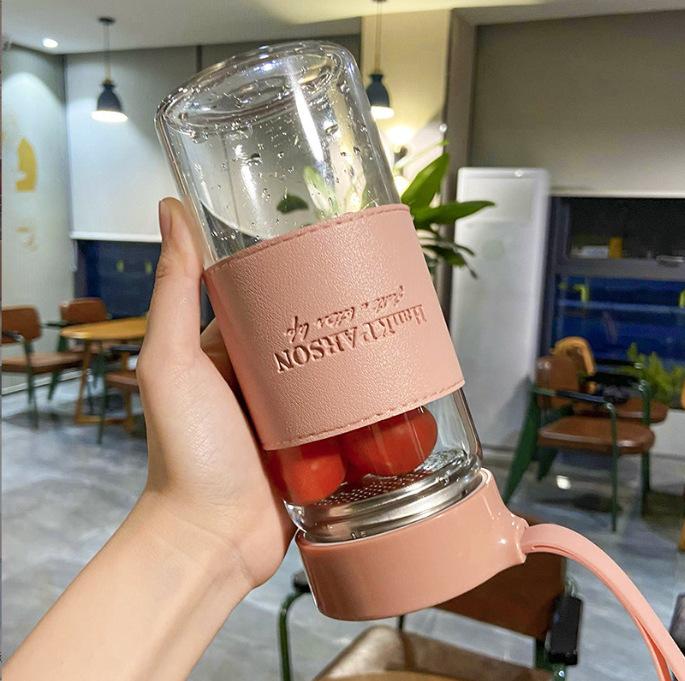The future of plastic in water bottle design is undergoing a transformative shift towards sustainability, with a focus on innovative solutions:
- Recycled Materials: Increasing reliance on recycled plastics in water bottle manufacturing reduces the demand for new plastic, promoting a circular economy and minimizing waste.
- Bioplastics Advancements: Continued research and development in bioplastics lead to improved biodegradability, compostability, and durability, offering eco-friendly alternatives.
- Biodegradable Additives: Integration of additives that facilitate quicker biodegradation in plastics ensures reduced environmental persistence after disposal.
- Reusable Designs: Further emphasis on durable and reusable plastic bottles encourages extended use, reducing single-use plastic consumption and waste generation.
- Lightweight and Efficient Solutions: Innovations in lightweight designs use less material, optimizing resource usage during production and transportation.
- Advanced Recycling Technologies: Advancements in recycling technologies enable the more efficient and widespread recycling of plastic bottles, closing the recycling loop.
- Refillable and Multi-Use Systems: Expansion of refill stations and designs that promote multiple uses encourage the reuse of plastic bottles, reducing the need for new ones.
- Consumer Education and Awareness: Increased focus on educating consumers about responsible disposal, recycling practices, and the importance of sustainable choices.
- Regulatory and Industry Standards: Implementation of stricter regulations and industry standards drive the adoption of more sustainable practices in plastic bottle design and production.
- Innovative Partnerships and Collaborations: Collaborations between industries, governments, and environmental organizations foster sustainable practices and drive collective efforts towards more eco-friendly plastic bottle solutions.
Overall, the future of plastic in water bottle design is moving towards a more sustainable trajectory, integrating technological advancements, consumer education, and collaborative efforts to create eco-friendly, responsible, and innovative solutions that minimize environmental impact.



